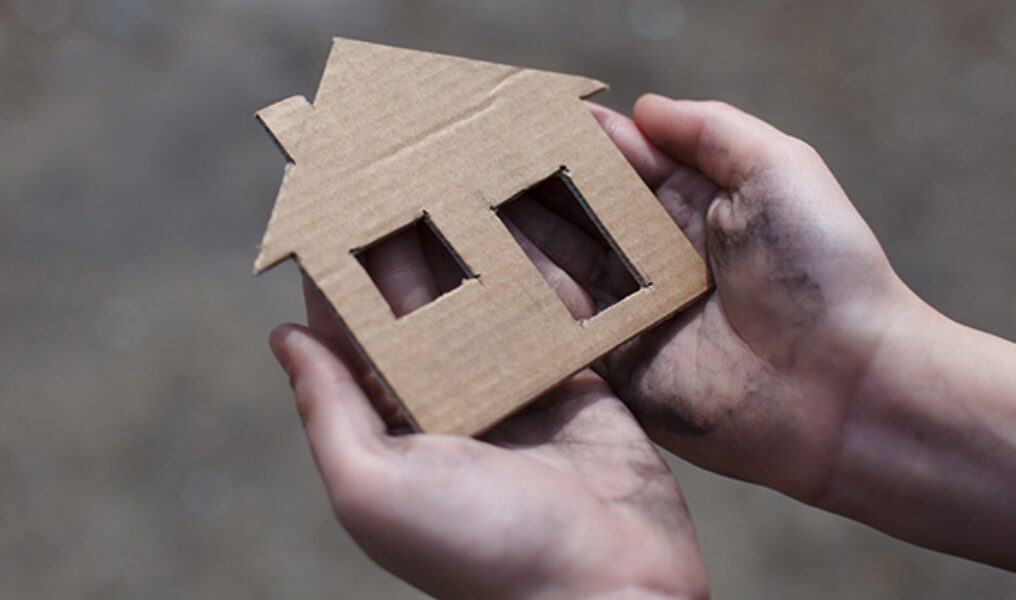Youth homelessness is a national epidemic, and it's even more so for LGBTQ+ youth. According to the Williams Institute, 20 t0 45 percent of homeless youth served by agencies in 2020 identify as LGBTQ+. In addition, 30 percent of clients reached via street outreach identify as LGBTQ+ and 30 percent of clients utilizing housing programs do as well.
LGBTQ+ homelessness is compounded by the fact that this group faces unique challenges. Some youth have been kicked out of their homes simply for trying to be their authentic selves. Social stigma and discrimination often make it difficult for LGBTQ+ youth to access homeless services. This is particularly true for trans folk, as many shelters refuse to allow homeless people to be placed according to their gender identity or expression.
These national and Michigan-based resources offer help for those facing homelessness:
Coordinated Assessment Model
313-305-0311
Mon-Tues-Thurs 10 a.m.–6 p.m., Fri 9 a.m.–6 p.m., Wed 11 a.m.–5 p.m.
The Coordinated Assessment Model (CAM) is a systematic approach to homelessness in Detroit, Highland Park and Hamtramck. Its main goal is to focus on aligning the needs of individuals and families experiencing homelessness or at imminent risk of becoming homeless to available shelter and housing resources. Anyone looking for a safe place to sleep at night can contact CAM for assistance.
Alternatives for Girls
The mission of Alternative for Girls (AFG) is to help homeless and high-risk girls and young women avoid violence, teen pregnancy and exploitation, and help them to explore and access the support, resources and opportunities available to them. AFG meets girls and women where they are. Through their approach, "girls can stay out of harm's way, succeed in school, graduate, and become leaders in their communities" while having a safe place to learn and grow. AFG helps shelter young women ages 15-22.
Ruth Ellis Center (REC) Drop-In Center
313-252-1950 Monday and Wednesday 3–8:30 p.m., Tuesday and Thursday 3–6 p.m.
The Drop-in Center is a safe place for LGBTQ+ young people ages 13-30 to simply be themselves and have a space to hang out with one another. At the Center, you'll have access to hot dinners, food to go, safer sex supplies, a computer lab, free laundry, peer support groups, social activities (including a dance floor), help with applications and resumes and more. The Center can also help connect you with the REC Wellness Center and emergency shelter.
Matrix Human Services
877-931-3248
Matrix Human Services offer free mobile HIV testing at various locations at various times. They also do testing at Affirmations in Ferndale and the Ruth Ellis Center in Highland Park. In addition, Matrix can also provide you with OraQuick, the first in-home HIV test. You can visit their site for more information. With homeless youth being six to 12 times more likely to contract HIV, according to a study conducted by Plos One, taking advantage of this resource would be beneficial for those without access to medical care.
National Coalition for the Homeless
202-462-4822
The National Coalition for the Homeless is a national network of people who are currently experiencing or who have experienced homelessness. It's a resource where activists and advocates, community-based and faith-based service providers, and others are committed to a single mission: to end and prevent homelessness and ensure the immediate needs of those experiencing homelessness are met while their civil rights are respected.
National Runaway Safeline
800-RUNAWAY
The National Runaway Safeline (NRS) is a hotline available 24/7. There is always someone available to listen and offer confidential, non-directive and non-judgmental support. The safeline has been in operation for 50 years and responds to youth and families in crisis, serving as the national communications system for runaway and homeless youth. NRS continually transforms technology, training and services to meet the current needs of vulnerable youth and ultimately achieve an end to youth homelessness.











